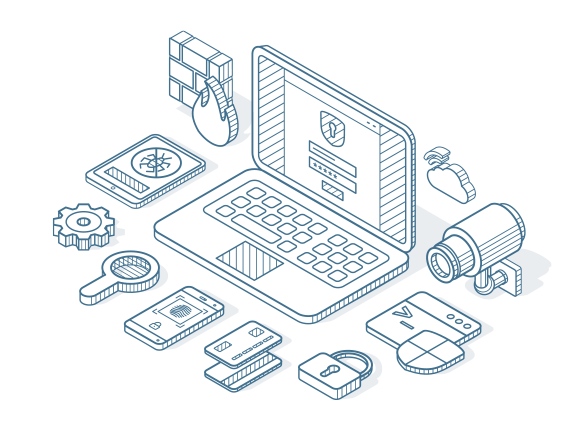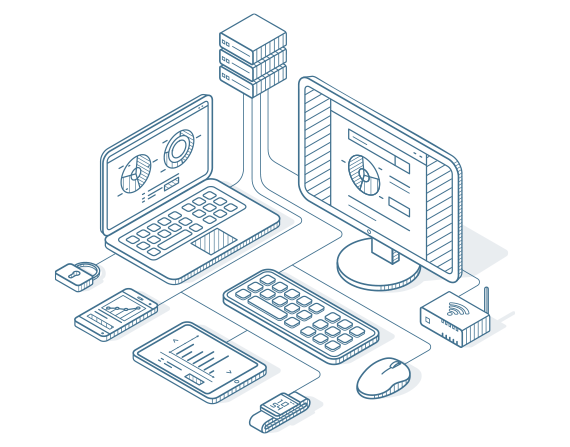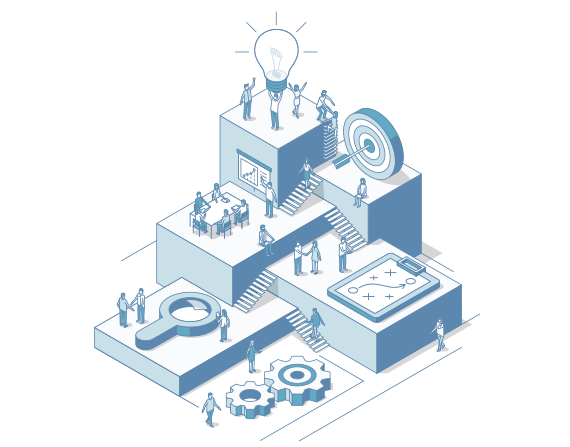 FeedbackCaptcha
FeedbackCaptcha
 Web Content Viewer
Web Content Viewer
Accelerate innovation with the power of Data. Are you ready to win? Start to drive Data Governance excellence. 1, 2, 3... Go!
Why Data Governance
is so important?
We’re in a digital economy where data is your most valuable asset. Data management can literally make or break your business.
Data governance is essential to an organization’s overall strategy for data management and as part of a complete DataOps practice. Data governance practices provide a holistic approach to managing, improving and leveraging data to help you gain insight and build confidence in business decisions and operations while meeting regulatory requirements.
Drive your Data beyond the transformation
While digital transformation, compliance and other data-driven initiatives are desired outcomes, few organizations know what data they have or where it is, and they struggle to integrate known data or achieve compliance. But when IT-driven data management and business-oriented data governance work together in terms of both personnel, processes and technology, decisions can be made, and their impacts determined based on a full inventory of reliable information.
Drivers & Benefits of Enterprise Data Governance
Regulatory compliance
Respond to audits and demonstrate compliance with data regulations through proper reporting and documentation, including lineage.
Failing to establish vision in Data Governance will result in increasing costs and reputation thread.
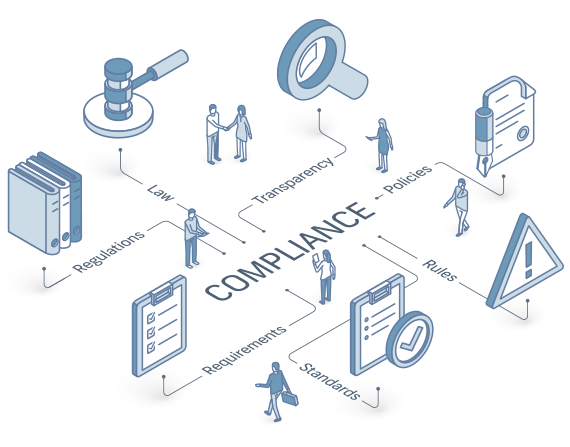

.png) Why is my job so important?
Why is my job so important?
Data Governance is a Strategic Initiative
The right data of the right quality, regardless of where it is stored or what format it is stored in, must be available for use only by the right people for the right purpose.
Whether you work in the CDO’s office, in the IT department or as a LOB data scientist or analyst, you and your colleagues share a common goal. If you can establish data governance that really delivers on its promises, you could not only make your own jobs much easier and more productive. Additionally, you could play a key role in giving your business a competitive edge that few organizations can currently rival.




.png) How to get my job done?
How to get my job done?
Аnd the right technology is the key for your Data Governance success
While Data Governance is a business initiative it brings together Busines and IT. Therefore, you need a complete environment that enables the entire Data Governance lifecycle and experience for the business and IT.
Builds trust and confidence in data through quality and governance
Data quality capabilities help you to improve the quality of your data and make high-quality data available. Governance policies are automatically set and enforced—so when you find a data set, you know whether and how you are allowed to use it.
Empowers your data users
Drives collaboration and transforms data into trusted enterprise assets through dynamic data policies and enforcement. A single interface gives you access to every data set your organization owns, regardless of where it’s stored.
Manage growing data and cost
Optimize storage costs by avoiding the expense of ingesting low-value data sets into your data lake or data warehouse. Prioritize the ingestion of new data sources based on users’ demand, helping you integrate the most valuable sources first.
Gets your time back
Automatic data discovery reduces the time and effort you need to spend adding metadata for new data sets and also reduces the business glossary creation time. Intelligent, AI-powered search helps you find the data you need within seconds, instead of waiting weeks for another team to provide.

.png) What is the right tool?
What is the right tool?
Deliver business ready data with the right tools
IBM Watson Knowledge Catalog
Powered by IBM Cloud Pak for Data
A single source of truth and a single point of access Reduce time to automate data discovery, quality and governance by up to 90% with market-leading capabilities:
Advanced discovery
Find relevant assets quickly and at scale based on intelligent recommendations.
End-to-end catalog
Organize, define and manage enterprise data to provide the right context and drive value across needs like regulatory compliance and data monetization.
Automated governance
Protect data, manage compliance and audit-readiness, and maintain client trust with active policy management and dynamic masking of sensitive data.
Operationalized quality
Track lineage and quality scores across structured data, unstructured data, AI models and notebooks.
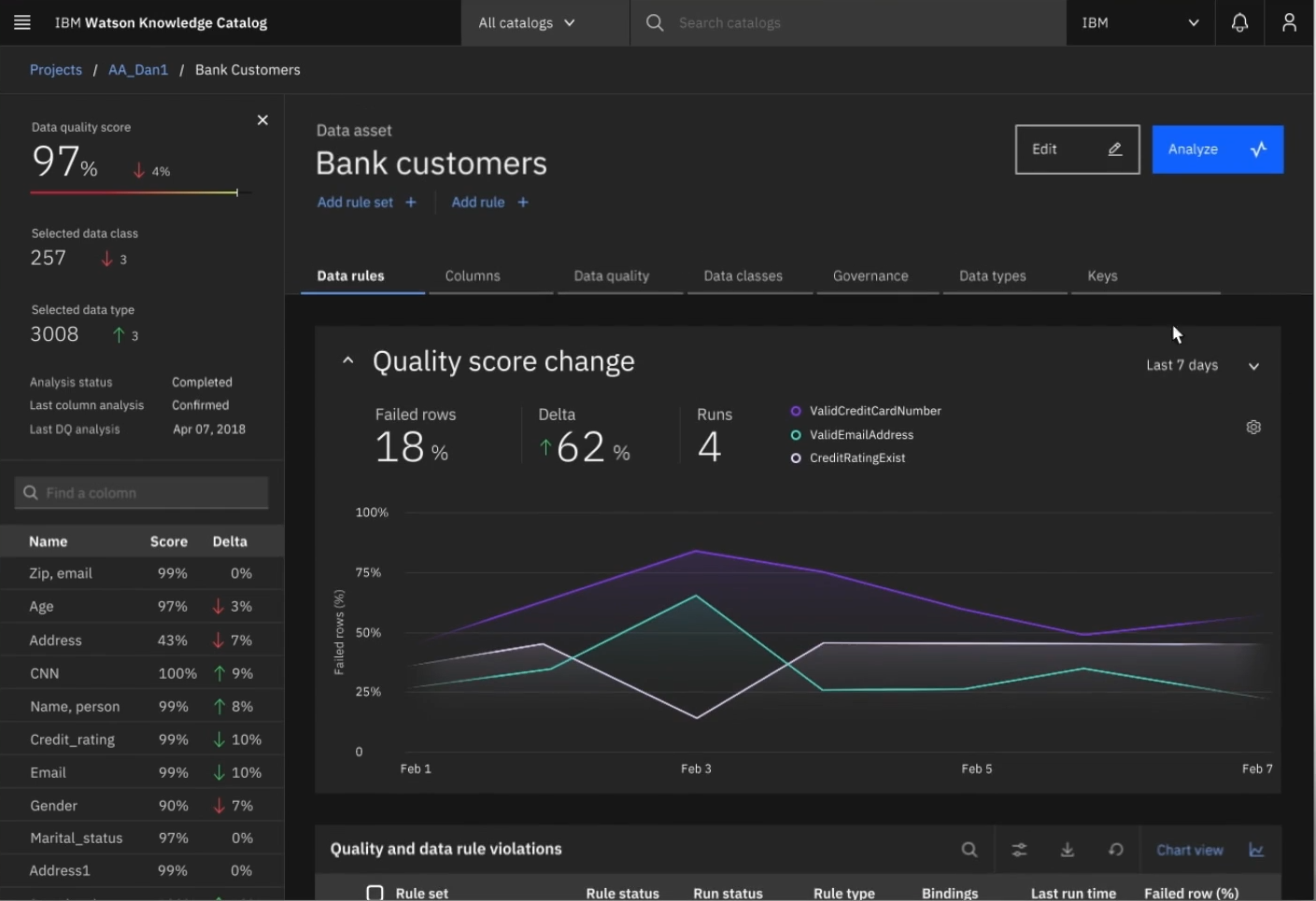
Win the race with the best team and partner. We are here to keep you in top shape.
By aligning technical priorities with business objectives, we help provide full clarity around data ownership, access, usage, and management
We will help you to:
- - Operationalize your data governance strategy
- - Identify the right operating model for your culture and organization
- - Eliminate common roadblocks to adoption
- - Analyze your data governance performance and business impact
- - Achieve meaningful, sustainable results aligned to your business objective
Build an effective Data Lineage solution
Navigating BCBS 239 Principles and ECB “Guide on effective risk data aggregation and risk reporting” for Data Lineage Requirements with IBM’s Data Lineage Solution (Manta)
Data fabric architecture delivers 3 instant benefits
Integrate and engage all your organization’s data for better business outcomes
A comprehensive guide for the modern data catalog
Learn the benefits and automation capabilities of a modern data catalog.




